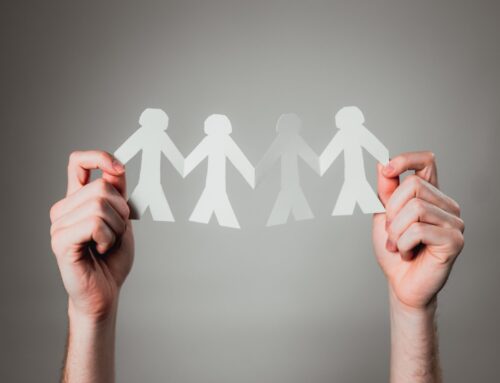An apology is the best way to heal the relationship damage we cause when our mistakes hurt people.
But there are times—usually in political situations—when offering an apology is not in your best interest.
I once found myself in a difficult position where despite working very hard I made an unbelievable goof that had my enemies jostle to embarrass me to my new boss.
Instead of taking steps to mitigate the impact and move forward, the focus was increasingly placed on my goof-up. My instinct was to say how sorry I was, but despite that repeated admission the focus never moved on to the solution. It remained on me and my mistake.
Looking back, it’s clear the incident was blown out of proportion to discredit me and since then I’ve seen this scenario play out many times among friends, and clients. These are political situations and if you find yourself in one, my advice is “ Don’t be so quick to apologise.” Why? Here are two reasons:
1. Apologies concentrate blame
Apologies are usually offered and accepted as total responsibility for a mistake and nothing is ever 100% anyone’s fault. While someone may need to be held accountable for a failure, apologising can concentrate blame to one person’s personal failing which is not only unfair, but also allows others to NOT learn from what is really a collective mistake.
Also, focusing on an apology often implicitly extends into the character of the person at fault and removes the focus on the situational factors that contributed to a train going off the rails.
In political situations, the hurt party, or those claiming to defend the hurt party are not really interested in healing relationships, but rather to publicly shame the transgressor and take that person (you) down a peg in the social or political power structure.
2. Apologies weaken you
Power is necessary to get things done and in political situations, apologies offered to the insincere only give power to your enemies. Your executive or political image matters. In life you must manage for appearances if you are to lead (and have people follow).
Public demands for apologies are ugly naked power plays and apologising in such situations strengthens your opponents and weakens you.
Take responsibility instead
Instead of apologising assert your responsibility for the mistake and immediately add the following:
- A clear assessment of what happened.
- Where the breakdowns occurred.
- The real (not imagined) impact.
- Suggested ways forward to mitigate the effects.
- Structural or process improvements that will make sure it doesn’t happen again.
- Potential (if unintended) benefits
This demonstrates your leadership because you are not pointing fingers at anyone else and your narrative is now focussed on the way forward.
If necessary allow your enemies some time to vomit on you and your mistake but then take control. Appeal to a powerful ally if you have one with “I believe I have already accepted responsibility and we all now know exactly what occurred. May we now move on to dealing with solutions and the future?”
When to apologise
Minor social infractions aside e.g. when you accidentally bump into someone at the grocery store, there is no consensus on when you should apologise but I would when the following conditions apply:
- You’ve hurt a person — it’s a personal or business relationship you care about
- Your mistake has indeed caused personal hurt and or negatively affected a person’s capacity to achieve a business objective.
- The injured party trusted you and that trust is endangered by your mistake.
- The hurt party is sincere i.e. has no hidden agenda to see you fail.
If these conditions don’t apply you may still offer your apology, but (1) you don’t need to and (2) it may work against you.
Image from http://comicphonics.com/2013/02/13/what-are-mcguffey-readers-are-they-a-good-way-to-teach-my-child-to-read/





Any thoughts? Contributions/acknowledgments welcome.